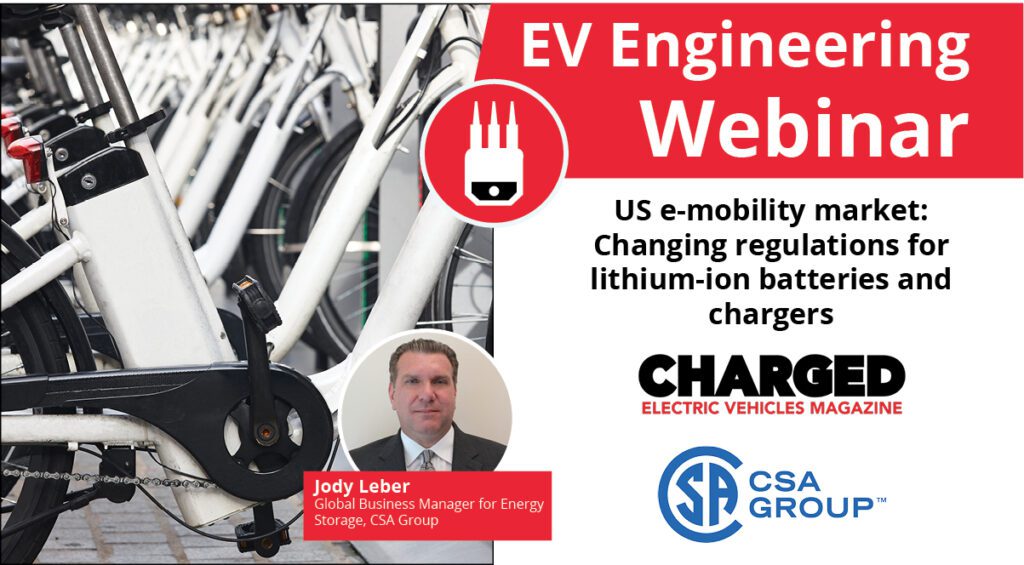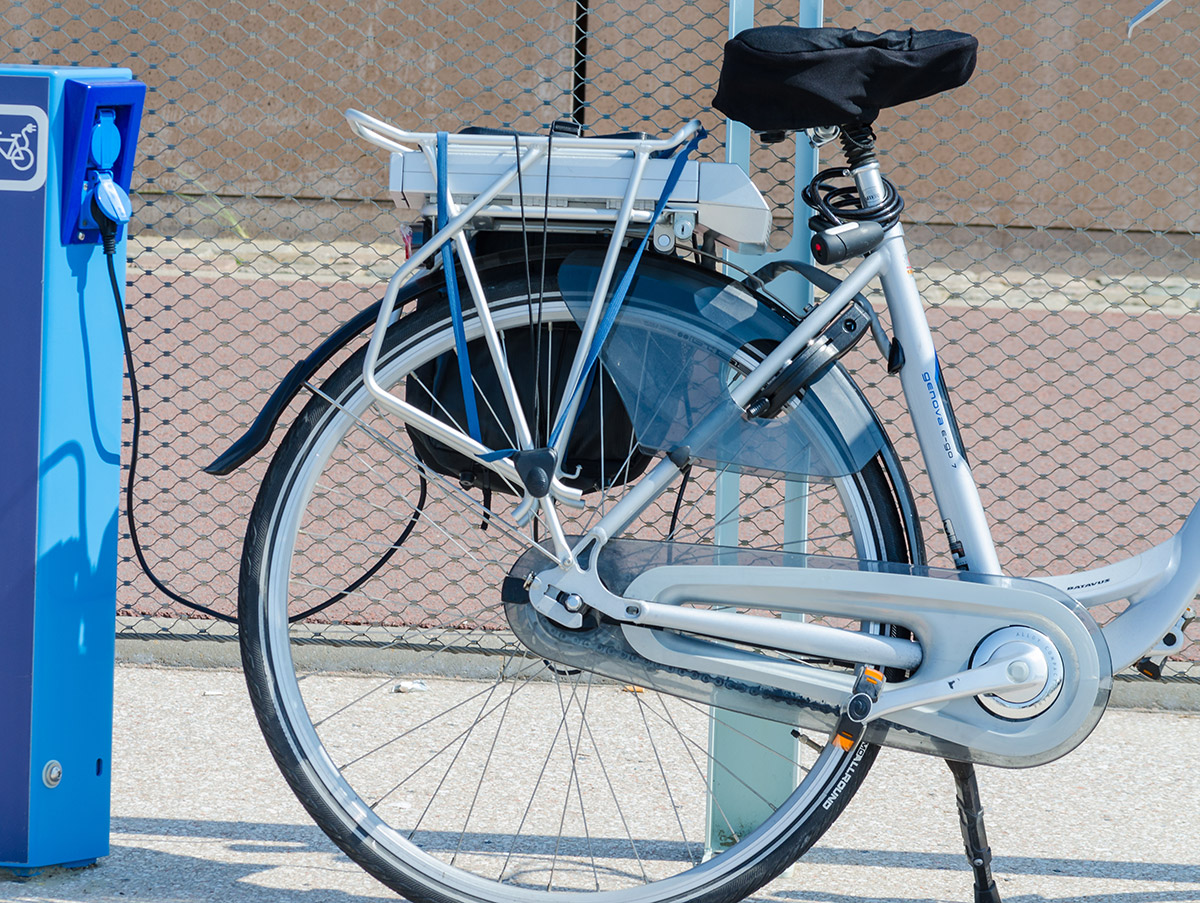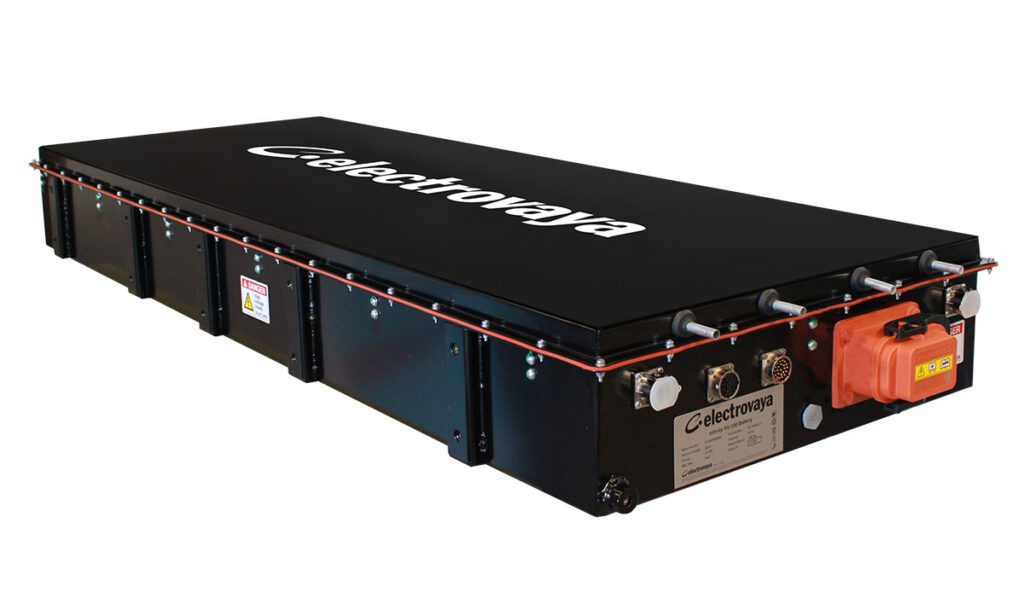Electric bicycles have quickly become enormously popular—the Light Electric Vehicle Association estimates that some 880,000 were imported to the US in 2021. However, some of them have a way of catching fire unexpectedly, sometimes in residential settings, with unfortunate consequences.
At this point, unfortunately, a disclaimer is necessary. This is not one of those “EVs catch fire, better stick with gas” articles. In fact, statistically, EVs catch fire at a much lower rate than ICE vehicles. Electric cars and trucks are made by a small number of companies that are extremely concerned about safety, both for regulatory and reputational reasons. E-bikes are not.
E-bikes fall into an entirely different category than electric cars and trucks—they are made by a vast variety of manufacturers, and are often sold on platforms that don’t enforce safety standards. And, as Steve Hanley writes in CleanTechnica, there are several reasons—some technical, some having to do with their use cases—that e-bikes present far more fire risk than electric cars.
“An e-bike often has only a rudimentary battery management system (if it has any at all),” Hanley writes. “A proper BMS keeps track of the state of health of the battery cells in a battery pack. It monitors internal temperatures and shuts down charging if a potential fault is detected.”
In the absence of a robust BMS, the charger that comes with an e-bike is the first line of defense against fire. Each charger is designed to supply the correct voltage and current for the battery pack it came with. Using the wrong charger can be dangerous.
New York City, where e-bikes are extremely popular with delivery people and other gig workers, has had a spate of battery fires. As Hanley points out, these workhorses are often used by more than one person, and for long work shifts, which means that they get charged far more often than the average bike, and that there’s an increased risk of using the wrong charger.
In March 2023, New York City implemented a series of laws mandating that all e-mobility devices sold, rented, or leased in the city must be certified under UL 2849, UL 2272 and UL 2271. Similar regulations are being discussed in the New York State Legislature, and a bill has been proposed at the federal level. (In May, Charged hosted a webinar on the regulatory environment for batteries and chargers for two-wheeled EVs.)

Inspectors from the New York City Consumer and Worker Protection office have been visiting bike shops in the city to enforce compliance with the new regs. However, popular online retail sites have largely failed to follow the law. Amazon stopped selling illegal batteries after the city sent a cease-and-desist letter, but Streetsblog reports that Walmart and eBay have ignored the law, and as of early November, continued to offer illegal e-bikes, mopeds and batteries to NYC residents.
Source: CleanTechnica




















































































